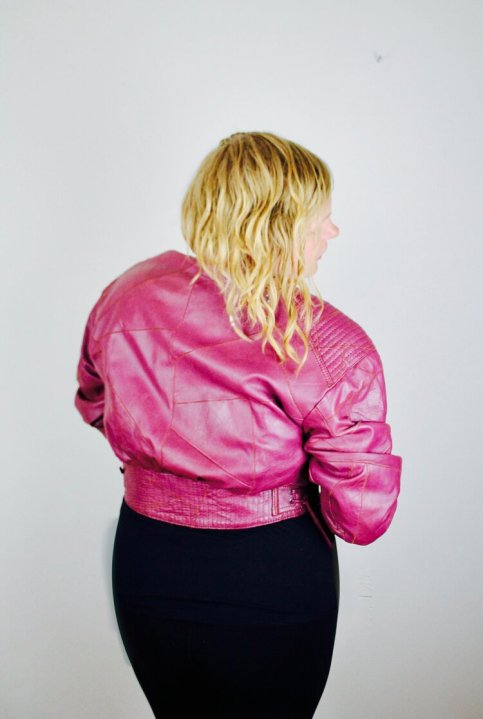PORTLAND, Ore. (KOIN) — For those wanting to give their closets a fresh start into the new year, a Portland business offers a way to shake-up your pandemic style with sustainability at the forefront.
The Reframe Collective hosts a “wardrobe resourcery” series comprised of clothing exchange parties, wardrobe consultation and “alteration” workshops. Caitlin Quinn, part creative director of the collective, began the wardrobe series for people to self-express through clothing.
Two years into the pandemic, Quinn hopes their services can help people in need of a change.
“You can show up to your wardrobe and you can be like, ‘I am feeling so inspired. I want everybody to know that like today’s my day. This is my year,’” said Quinn, who goes by she/they pronouns. “You can (also) go, ‘I am feeling awful’… I need to put something on to transform how I’m feeling, so I am going to step outside what I feel and I’m going to call in how I’m wanting to feel.”
Quinn studied costume design at Western Washington University and ran a costume shop for a couple of years. With the help of their partner, they created the Reframe Collective last March as a makerspace for the community.

The business also offers a preschool, a tool school and home project consults.
Despite the other services available, Quinn’s “Wardrobe Resourcery” series holds a special place in their heart.
“Somebody who uses clothing as an art form to help people kind of transition and transform into the person that they’re hoping to become,” Quinn said.
The “altaration” workshops offer a clothing exchange between participants to exchange tips. This includes a personal growth workshop all in one afternoon.
As for the one-on-one coaching, people receive guidance on what clothing makes them feel empowered and Quinn will go out in the community to look for items curated for that specific person. Those items can be found from thrift stores around Portland or clothes that other people no longer need.
Quinn also removes tags and sizes for people to focus on the fit of the clothing above all else.
“If you if you prefer certain materials – such as only natural fibers – then we can totally talk about that, and I will make sure that that happens,” Quinn said. “But I think that there’s a different way we approach clothing when we don’t know what size it is, and we don’t know where it came from.”
As for pricing, Quinn said the services operate on the original price, suggested donation or sliding scale depending on people’s income.
